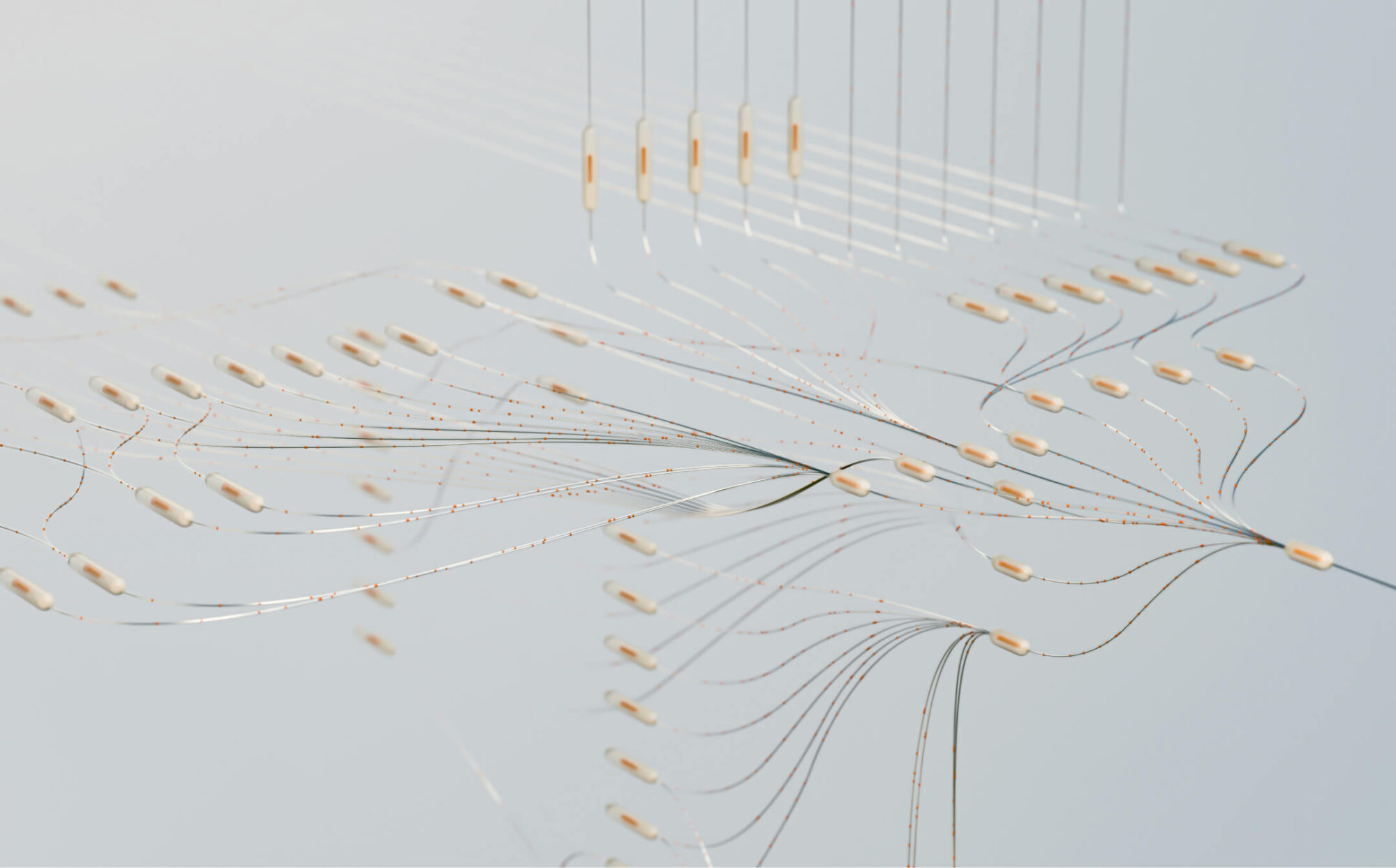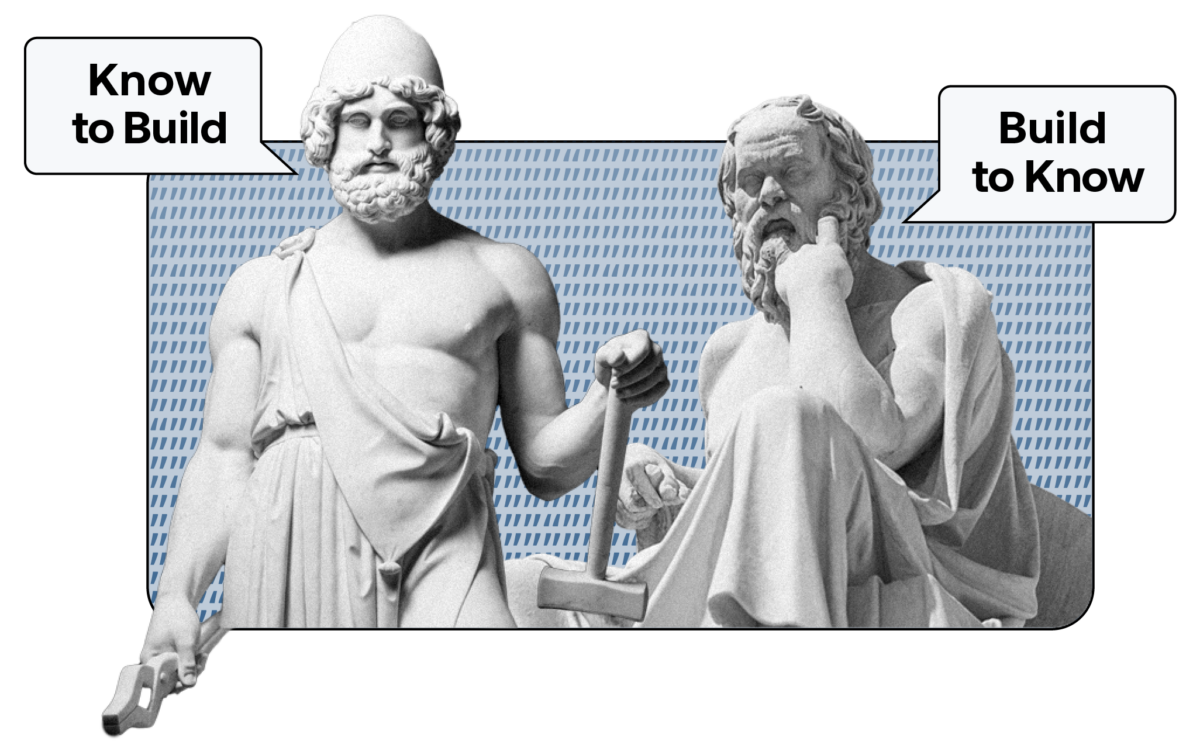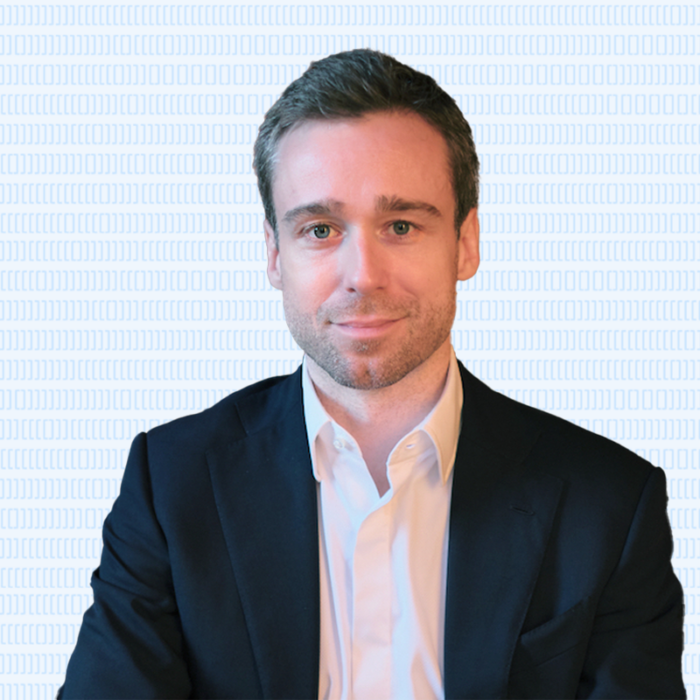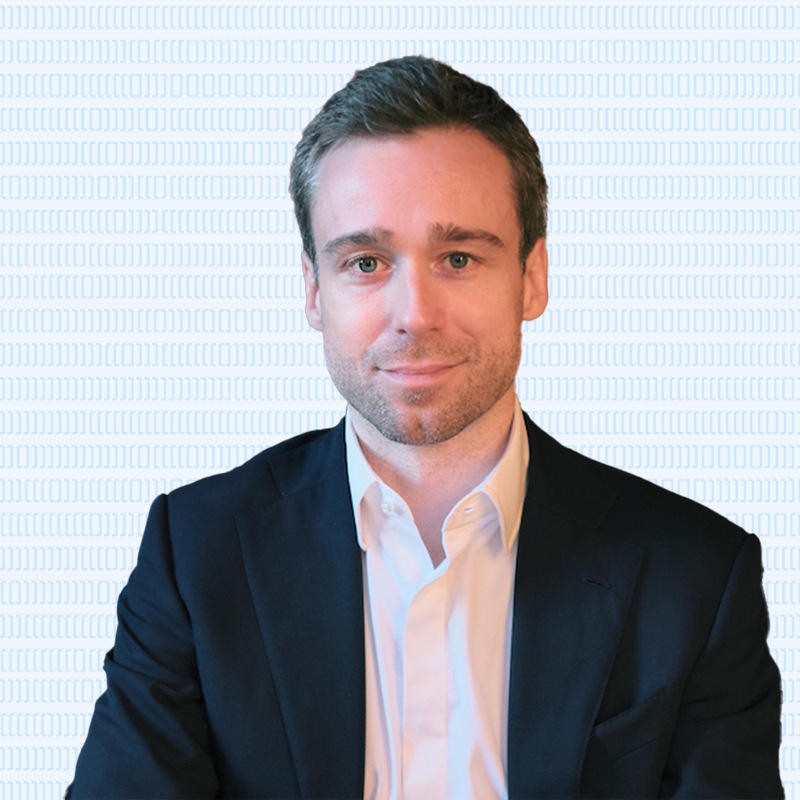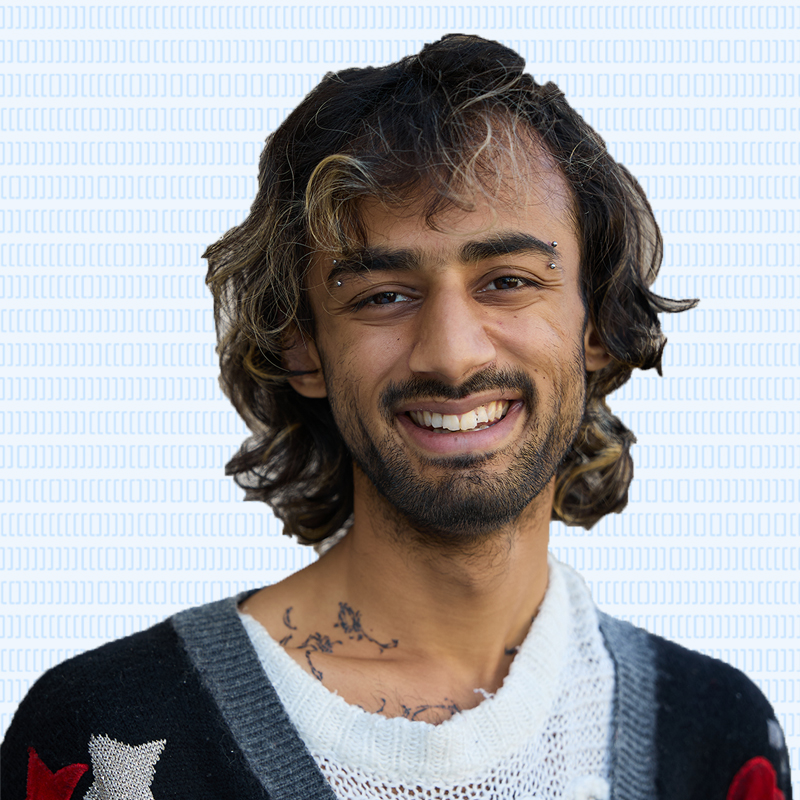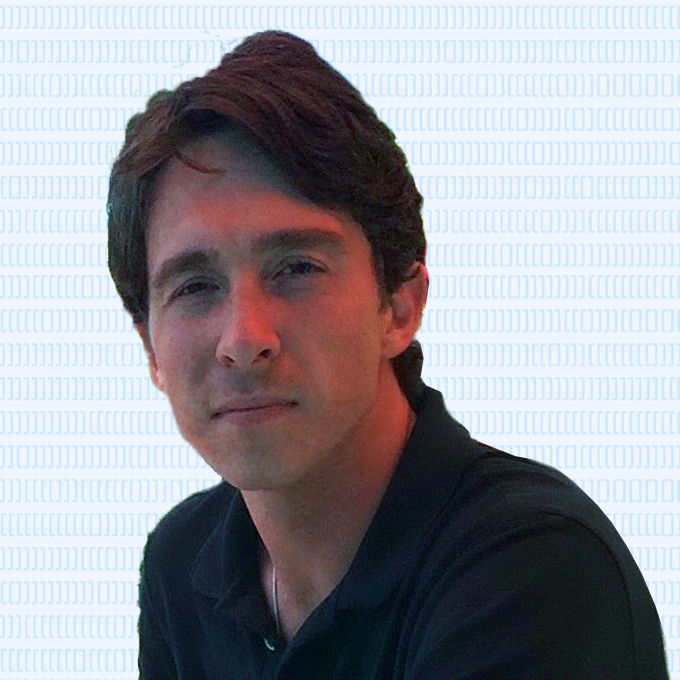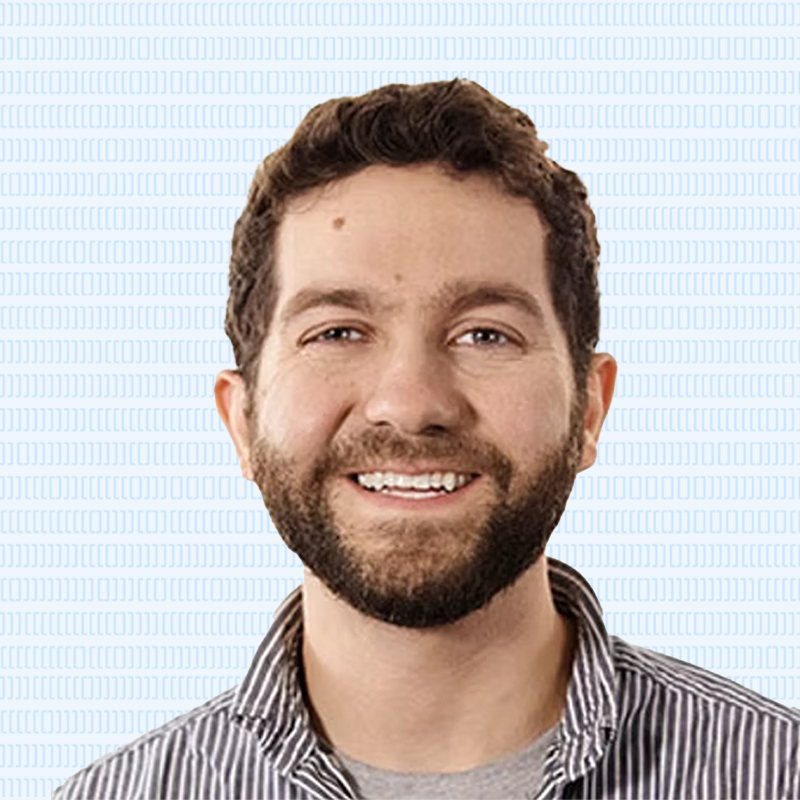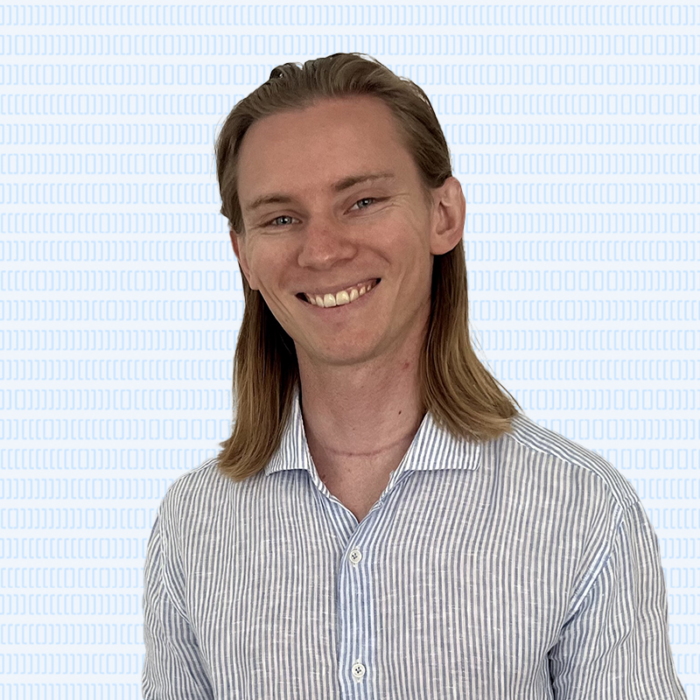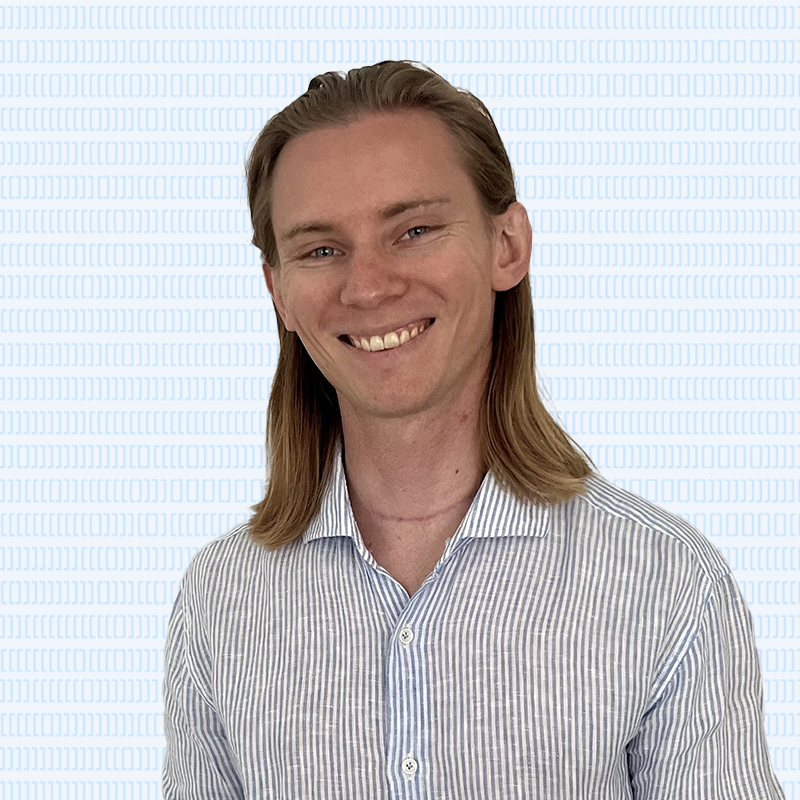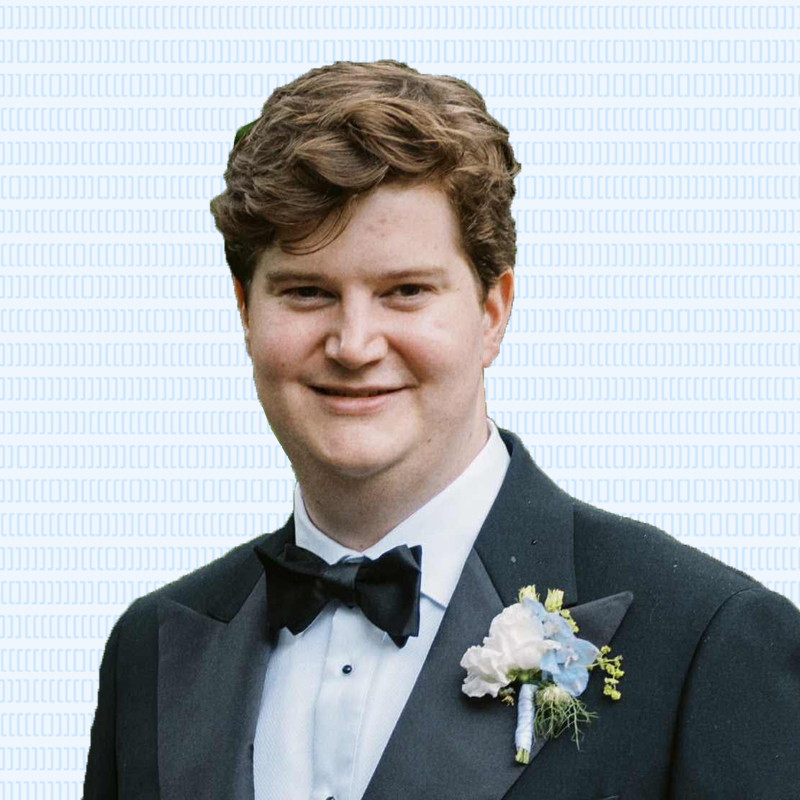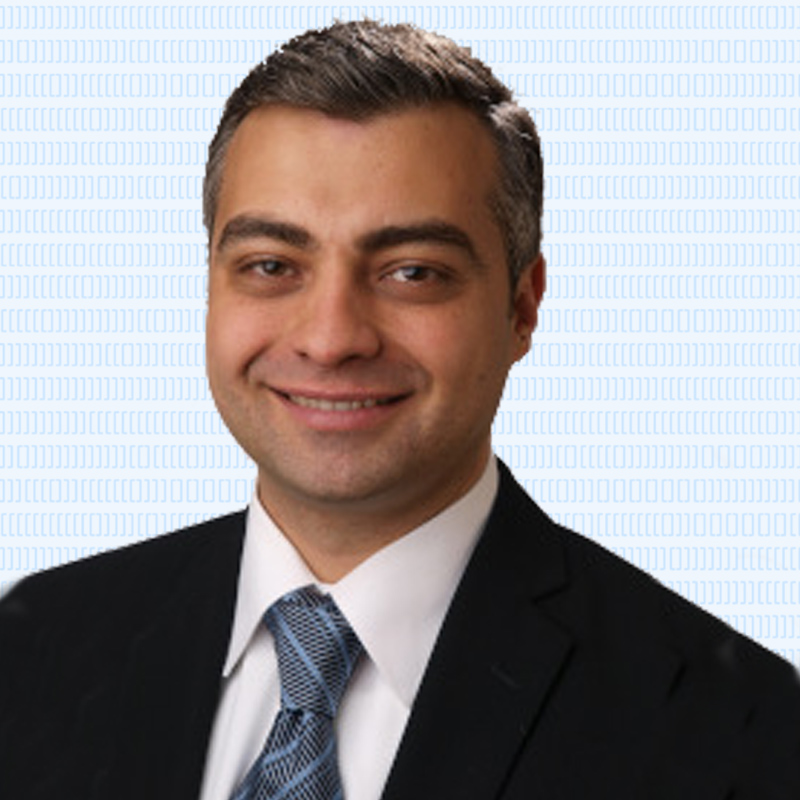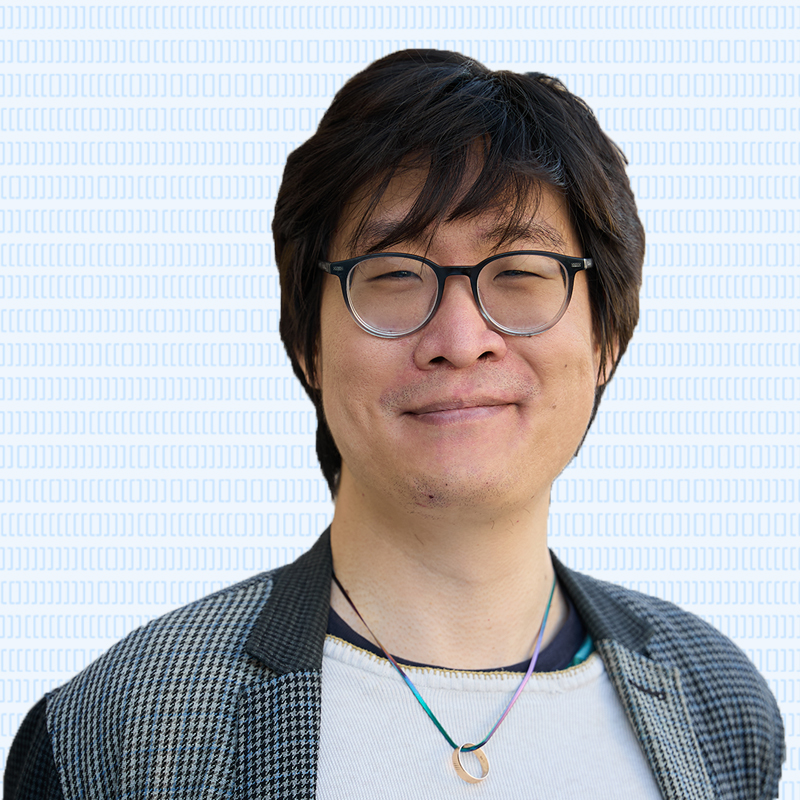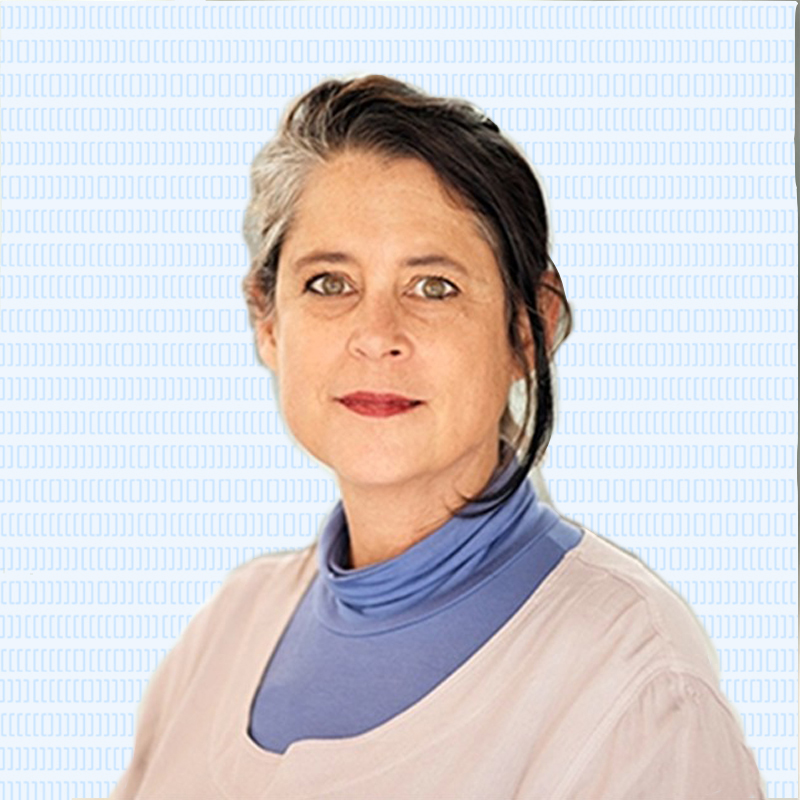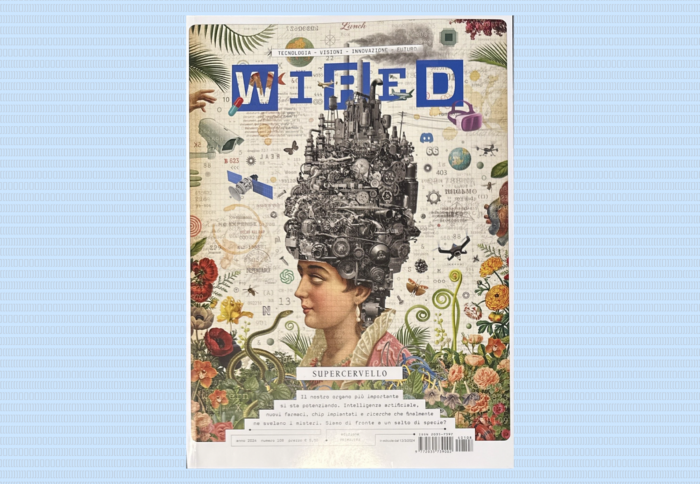Philipp has been on the Faculty at the University of Oxford for 11 years. He founded HAI Lab in 2024 and became the inaugural McCord Professor of Philosophy and AI.
He previously held fellowships at the University of Notre Dame, and Washington University in St. Louis. He was first recipient of a joint PhD in Philosophy and Neuroscience from Princeton University. His research interests focus on bringing philosophy into tech, specifically around the concepts of reason and agency, and bringing AI into the service of human flourishing. He is a Fellow by Special Election at St. Catherine’s College.



